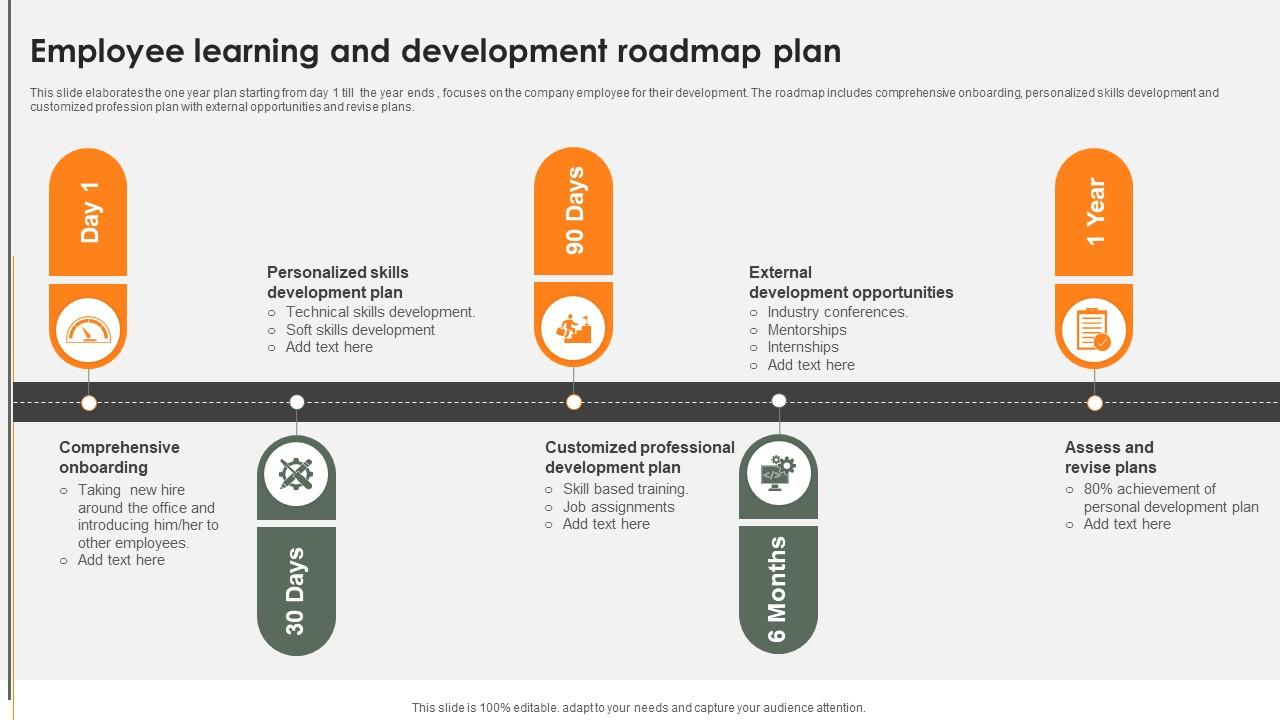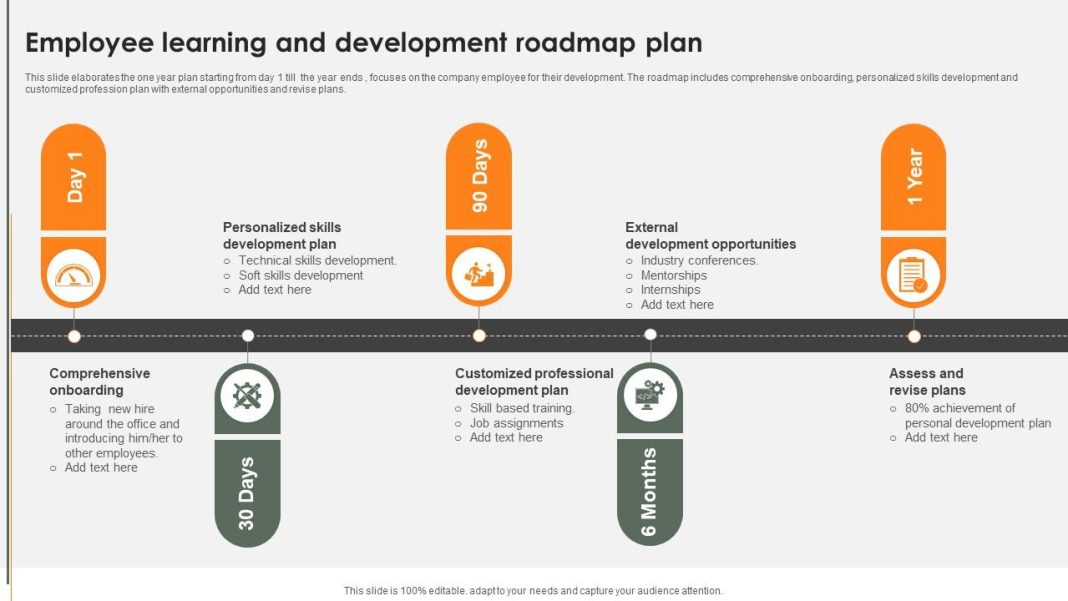 The power of intentionality is a fundamental shift that can simplify the daunting task of understanding financial advice. While budgets, investments, and debt management can be overwhelming, being intentional allows you to consciously direct your thoughts and actions towards a desirable financial outcome. This connection between your financial goals and specific actions transforms good financial advice into an enjoyable and sustainable journey.
The power of intentionality is a fundamental shift that can simplify the daunting task of understanding financial advice. While budgets, investments, and debt management can be overwhelming, being intentional allows you to consciously direct your thoughts and actions towards a desirable financial outcome. This connection between your financial goals and specific actions transforms good financial advice into an enjoyable and sustainable journey.
One crucial aspect that intentionality brings to the table is revealing your “why.” Most financial advice focuses on the “how” – how to budget, save, and invest. However, the “why” is often overlooked. By asking yourself questions like what financial goals you have and what kind of life you want to lead with your money, you tap into a deeper motivation. A strong “why” fuels your motivation to stay on budget and invest more time into achieving your financial goals. Whenever faced with spending decisions, asking yourself if they align with your financial intentions is a powerful tool.
Intentionality also allows you to create a personalized roadmap for your financial journey. Financial advice shouldn’t be one-size-fits-all because what works for others may not work for you. By embracing your individuality and basing your financial decisions on your unique “why,” you can tailor your approach to fit your values, goals, and circumstances. Whether it’s prioritizing experiences over material possessions or adjusting your investment strategy based on your risk tolerance and stage of life, being intentional aligns your actions with what matters most to you.
An abundance mindset is another powerful outcome of intentionality. Wealth isn’t just about accumulating cash or making investments; it’s about being able to do what you love and live life on your own terms. People with an abundance mindset have a positive outlook on life and tend to make goal-directed decisions, according to a study published in Psychology and Cognitive Sciences. On the other hand, scarcity mindsets lead people to hoard money out of fear of running out. Cultivating an abundance mindset takes practice and choosing a positive outlook, but it’s essential for long-term personal and financial growth.
Intentionality also cultivates gratitude by shifting your focus from what you lack to what you already have. When you are intentional, you’re more likely to appreciate your current financial situation, no matter how big or small. This sense of abundance and contentment eases your financial journey and allows you to approach it with a grateful mindset.
By being intentional, money becomes a tool rather than a master. You regain control and determine the role money plays in your life. Instead of being an end in itself, money becomes a means to an end – achieving your desired life and supporting your values. Shifting this perspective allows you to make financial decisions aligned with your overall well-being.
Implementing an intentional approach to your finances involves several practical steps. First, identify your goals, the amount you’ll need, and the timeframe. Then, understand your current financial situation by creating a budget that covers your monthly expenses. This awareness helps you make necessary adjustments and find additional sources of income if needed. Before making any purchase, think it through and consider the opportunity costs. Determine if you can realistically achieve your goals while adjusting your spending without sacrificing too much.
Another strategy is to “unintentionally save intentionally” by setting up savings systems that are set and forgotten until you need to access the money. Creating folders for specific goals like vacations, credit card repayment, or retirement allows you to divert some of your income into these accounts regularly. By spending according to your goals and regularly checking in on your progress, you develop good money habits and ensure you’re saving intentionally.
While intentionality isn’t a substitute for solid financial strategies, it enhances their effectiveness. Budgeting apps, investment research, and debt repayment plans are still essential tools, but being intentional gives them a sense of purpose and motivation. A budget becomes a roadmap, investing becomes purpose-driven, and debt repayment becomes a proactive step towards financial freedom.
In conclusion, financial advice is meant to help you reach your goals, but being intentional guides you towards financial freedom and fulfillment. Knowing your “why” and aligning your actions accordingly allows you to achieve long-term growth and create a meaningful and sustainable financial journey.


